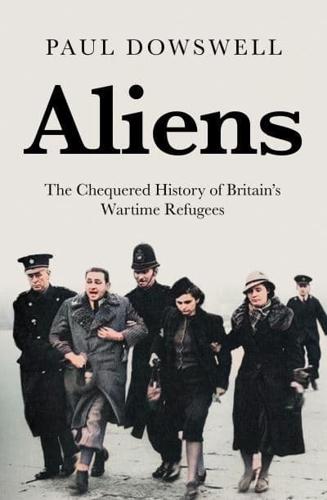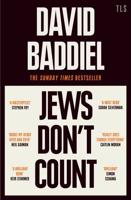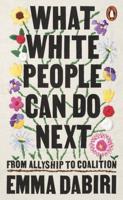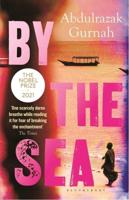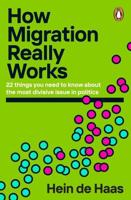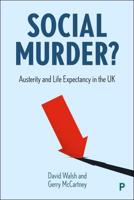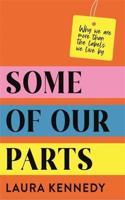Publisher's Synopsis
The welcome given to refugees from fascist Europe is part of Britain's fond nostalgia for the Second World War. But there was a darker side to this story, both before and during the conflict. Then, as now, there was great suspicion, resentment and fear - much of it kindled by Britain's infamous tabloid press. Then, as now, government dealt with a reluctance to accommodate refugees by hiding behind bureaucratic hurdles.
In the 1930s, Oswald Mosley's Blackshirts were a significant presence in British politics and support for Hitler went right to the top. In 1940, shortly before the Blitz, the recently abdicated Edward VIII even told a Spanish journalist that Britain ought to be bombed to bring it to its senses and stop it opposing the Nazis.
Many of the 10,000 Kindertransport children have warm memories of the kindness they were shown, but around half a million anti-fascist and Jewish refugees were refused entry and most of them died as a result. Once here, German Jews, especially, found their troubles far from over - 30,000 were rounded up and placed in internment camps. One passenger ship, the Dunera, was packed with an unhappy combination of German Jews and pro-Nazi sympathisers and despatched to Australia.
Making use of in-depth research and first-hand interviews, Paul Dowswell casts a fresh eye on the wartime era to paint a picture of what life was really like in Britain for refugees from fascism.
